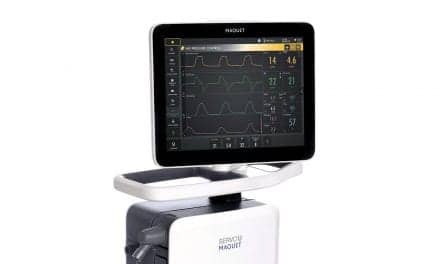At least one preventive dental visit within three years of a patient being placed on a mechanical ventilator reduced the likelihood of a ventilator-associated pneumonia (VAP) diagnosis by 22%, according to a report released by the DentaQuest Partnership for Oral Health Advancement.
Among the key findings in the report, The Link Between Ventilator-Associated Pneumonia and the Mouth, also found that, among patients on mechanical ventilators for 48 hours or longer, Black people were 39% more likely than white people to be diagnosed with VAP. In addition, men were 20% more likely to be diagnosed with VAP compared to women.
“This study adds to what we already know, that health starts in the mouth, and without access to necessary preventive oral health care, millions of Americans are at increased risk of poor health outcomes due to unidentified and untreated dental disease,” said Dr. Myechia Minter-Jordan, president and CEO of the DentaQuest Partnership and Catalyst Institute Inc.
Motivated by the increase in utilization of mechanical ventilation as a treatment for those suffering from COVID-19, the DentaQuest Partnership conducted this study to examine the relationship between preventive dental care and the occurrence of VAP.
VAP is a serious illness frequently caused by bacteria that grows in the mouth and travels to the lungs, which happens because the ventilator blocks normal protection mechanisms within the mouth and throat. While the data for this study is from before the pandemic, the World Health Organization has found VAP to be a serious enough concern that it has issued guidance regarding how providers can reduce the occurrence of VAP among COVID-19 patients.
The study makes clear that entering the hospital with a healthy mouth makes an individual less likely to develop VAP. To help more people have healthy mouths, the study authors call for community-based and hospital-based interventions including effective oral health education and access to preventive oral care in the community, as well as the development of standardized inpatient oral care protocols across health settings.
“The important findings in this new report also reinforce the immediate need for states to include a comprehensive adult dental benefit in their Medicaid plans,” Dr. Minter-Jordan said, adding, “It’s a matter of life and death.”









